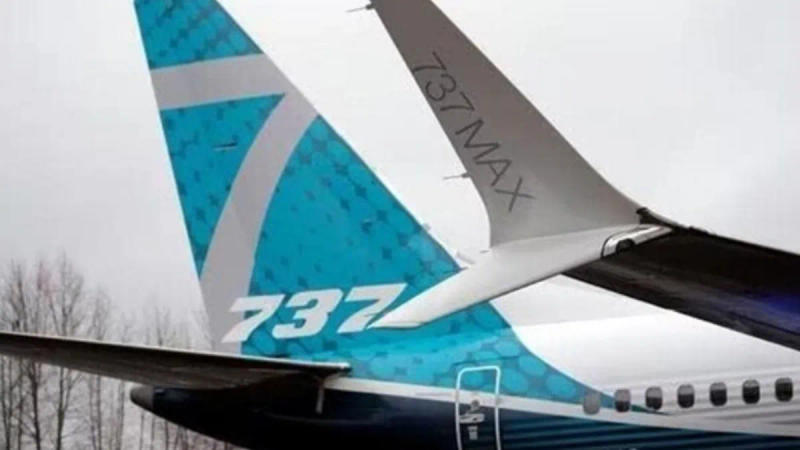Published 07:33 IST, February 7th 2024
Boeing to review NTSB findings for further action
Boeing announced on Sunday that it would need to perform additional work on approximately 50 undelivered 737 MAX jets.

Boeing 737 Max | Image:
X
- Listen to this article
- 2 min read
Advertisement
07:33 IST, February 7th 2024




